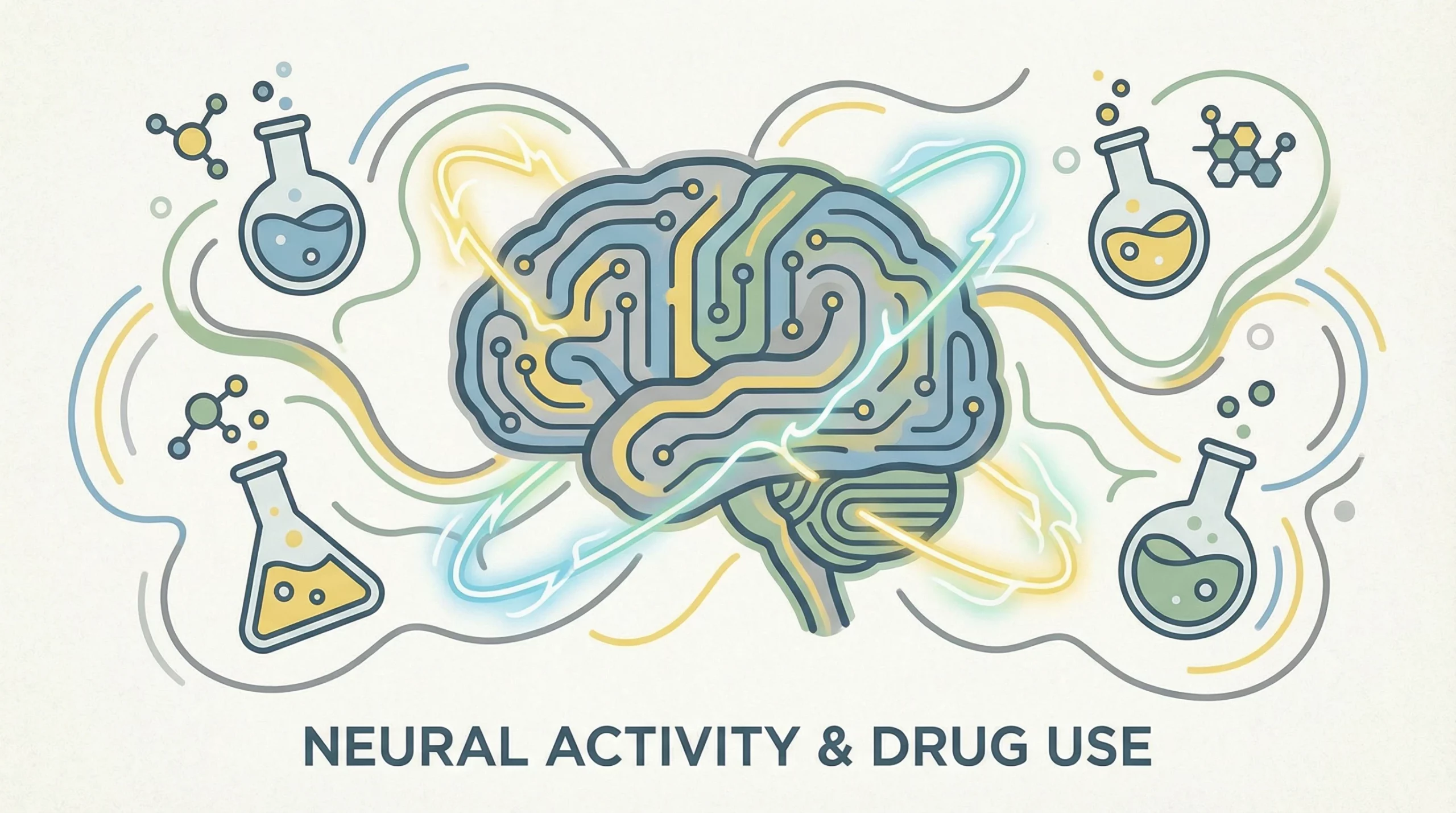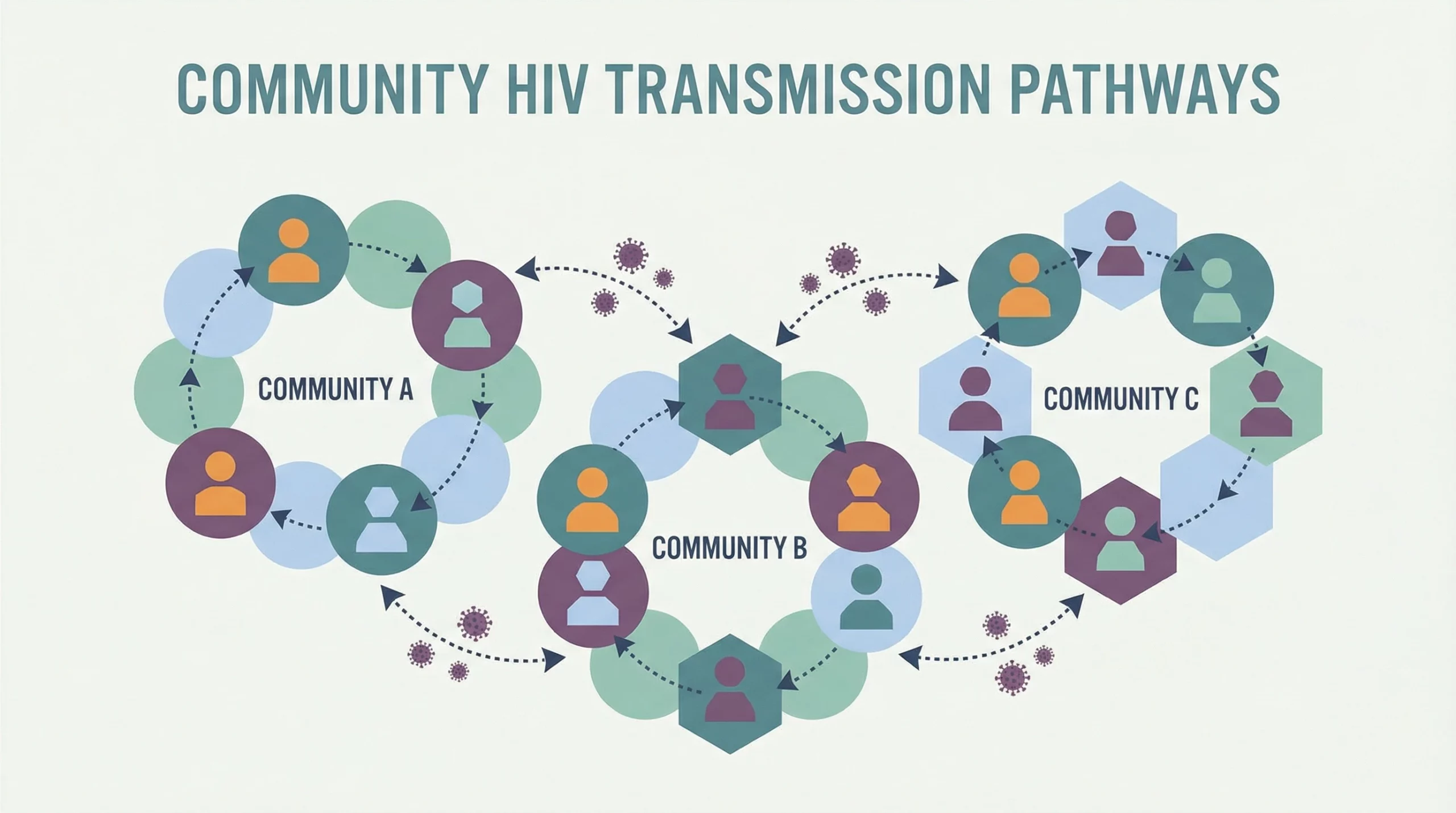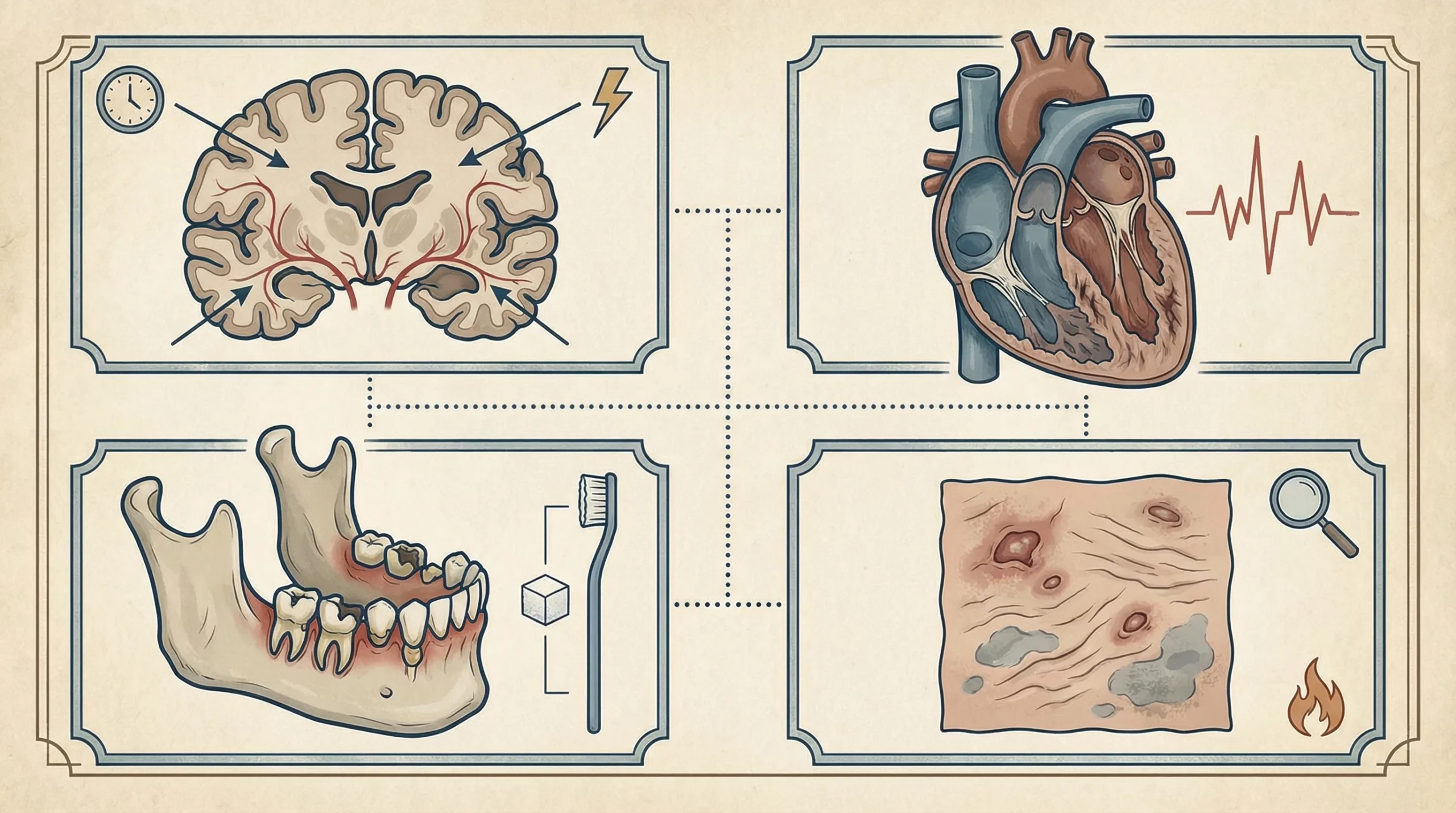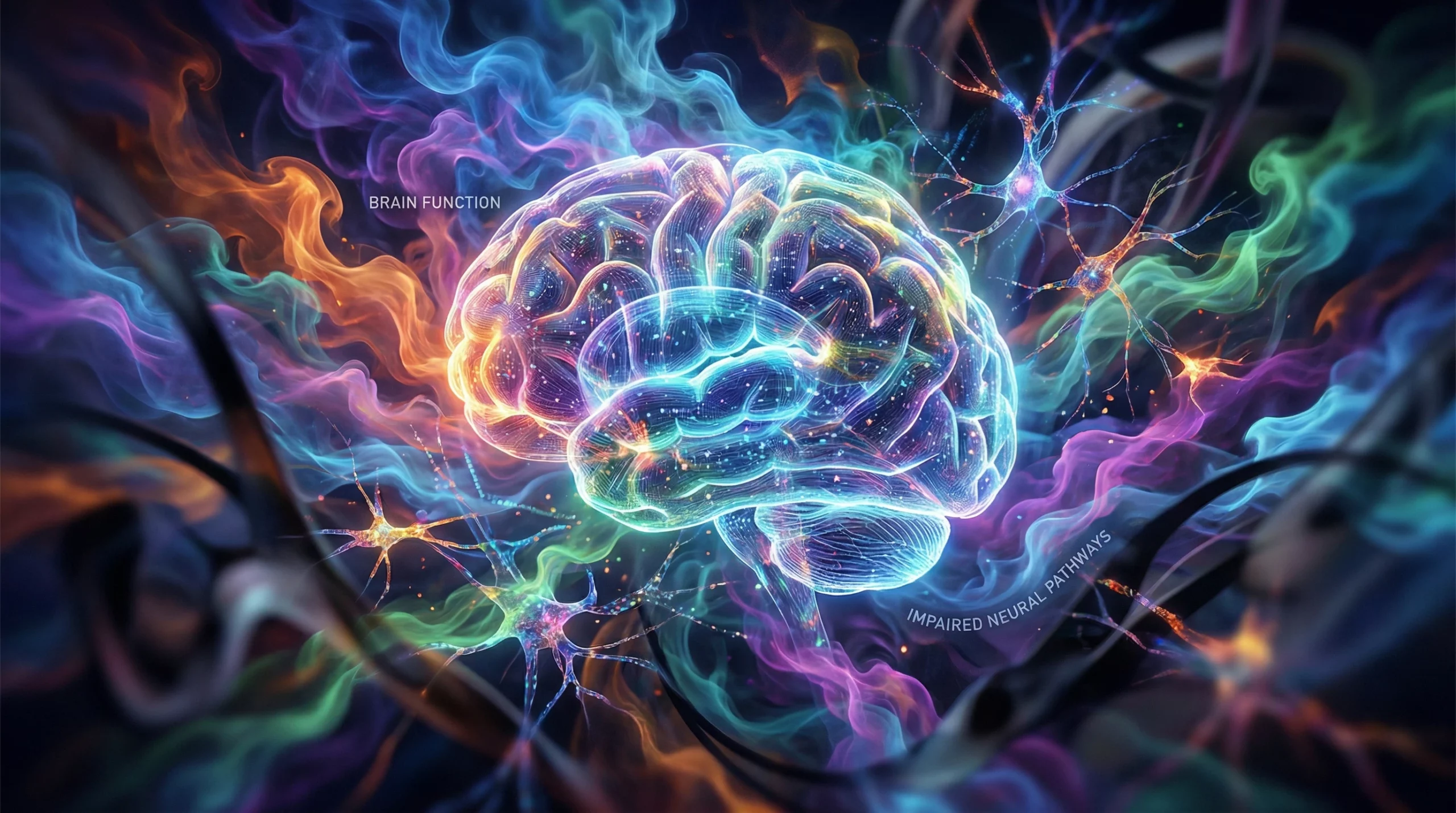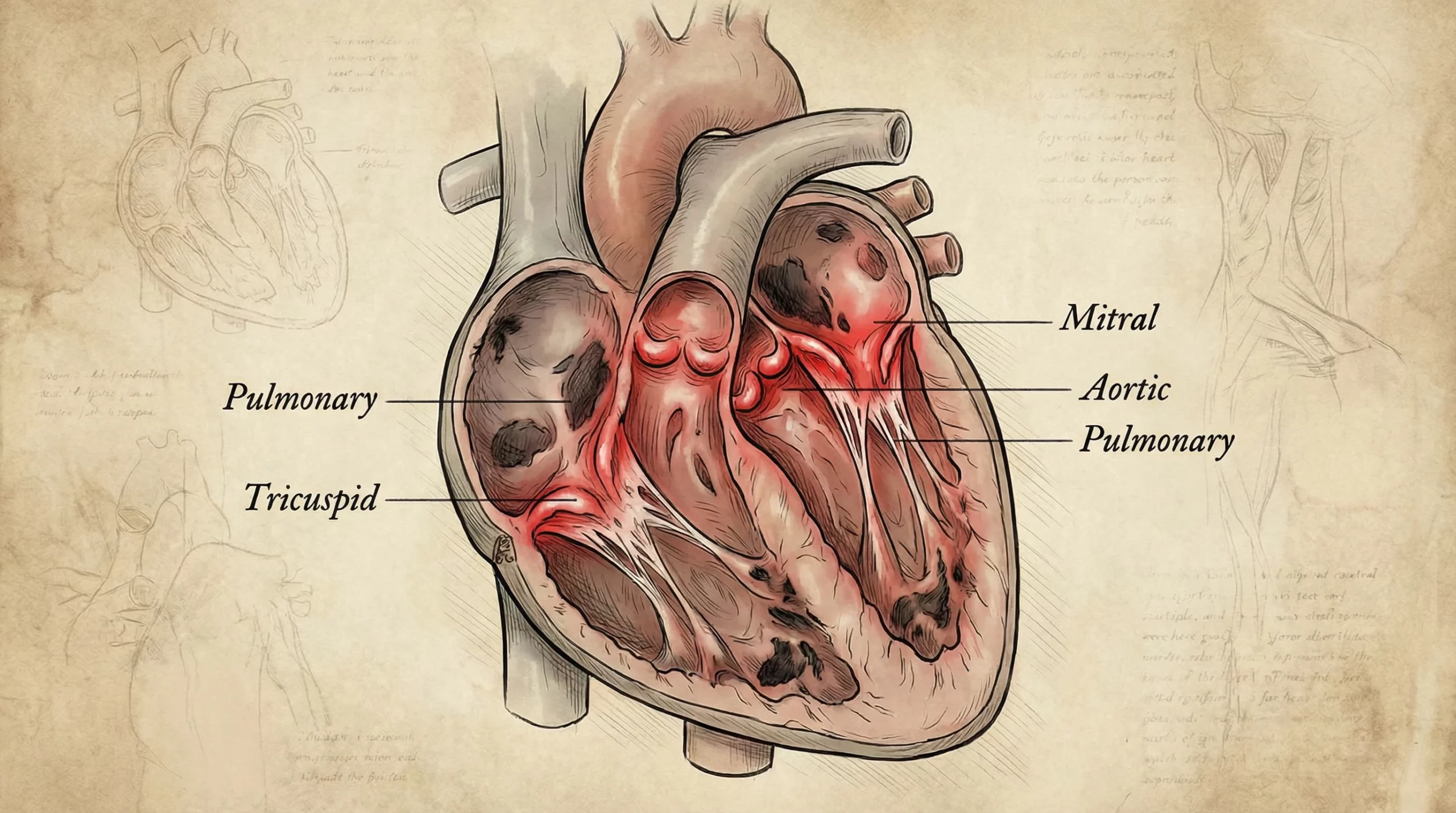Seizures Linked to Drug Use
Seizures caused by drug use can be alarming, unpredictable, and incredibly confusing for anyone who experiences or witnesses them. When they happen, people often wonder what’s going on in the brain, why certain substances can provoke such a severe reaction, and which drugs carry the highest risk. Understanding this connection is important because seizures aren’t … Read more
